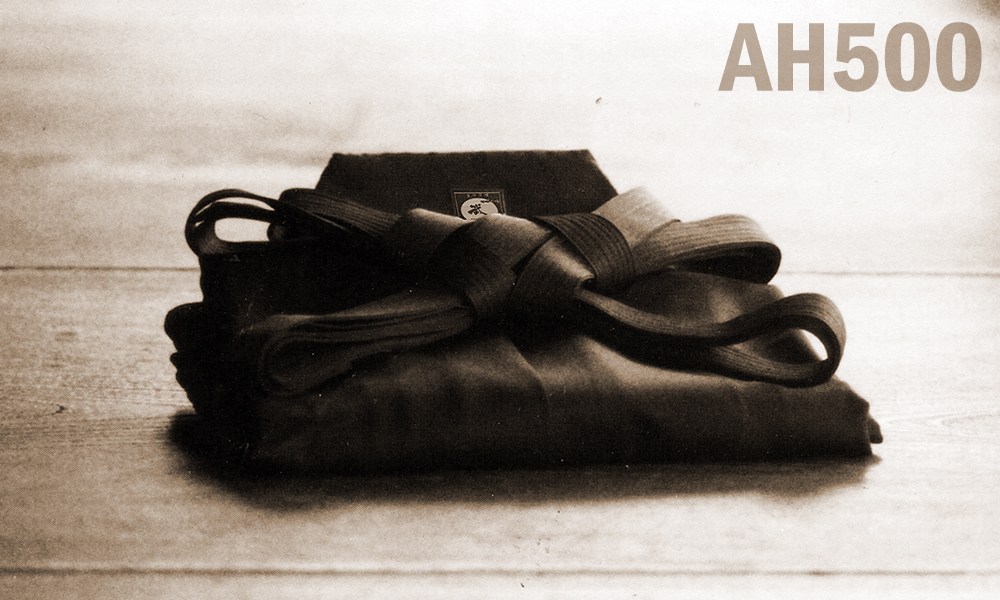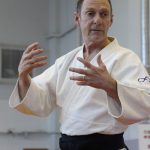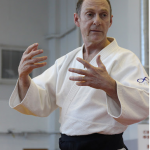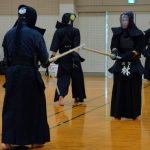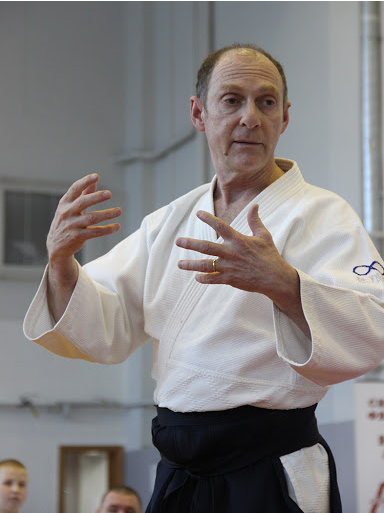
An Interview with a Master: Part 3.
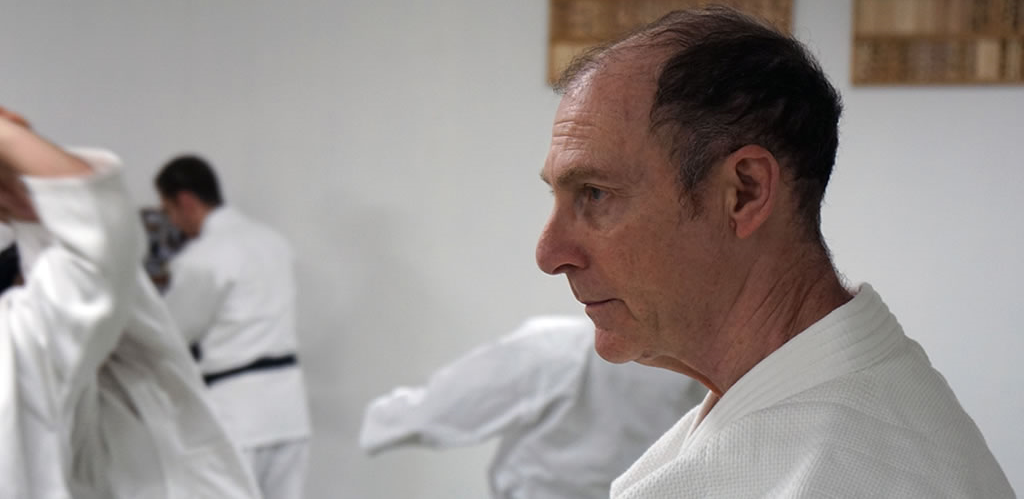
I changed the way I was thinking and training to just focus on him and what he was doing. To really focus on him; how he was walking, what kind of personal training he was doing, and so on – instead of the regular training I used to do. So, these three years were a completely different type of training and I am very happy that I decided to come back.
Q: It must also have been very different for you because when you came the first time you were a bachelor, but when you came back you were married.
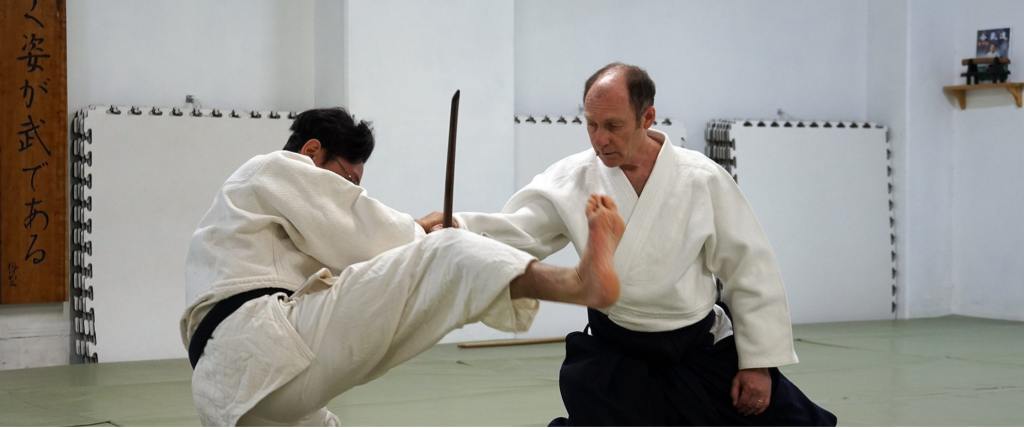
A: Yes, it was completely different. And also, the first time I was much younger and Shioda Sensei was very strict. The atmosphere in the dojo was very “Budo”, very martial, and so you couldn’t talk to him freely, you had to go through your senpai and even if you could talk to him, you would be at attention and keep your distance. If he asked you a question you would answer, that was it.
There was no communication, except for the training where you do the bath or you care after him, but that was part of the uchi deshi training, there was no real personal communication, it was a different type of communication.
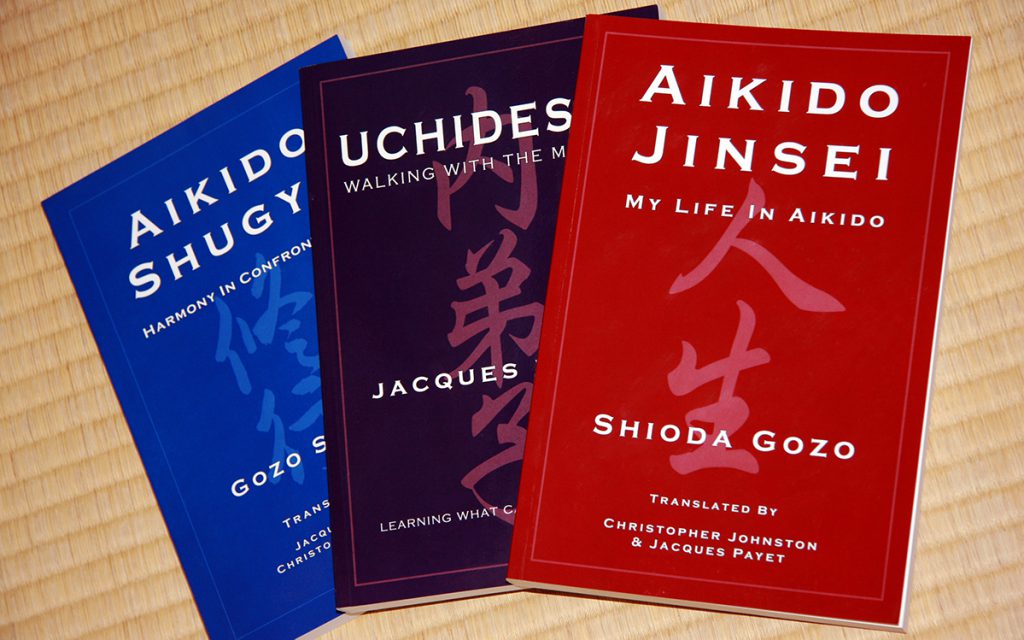
But the second time he was older, and I think maybe a little lonely, because in Japan, when your position gets too high, you have a very big distance even with people inside the same company or inside the dojo.
I think he was very lonely because he was left by himself, and I was there because I just wanted to learn as much as possible, because I knew that I wouldn’t spent all my life here and also time was going fast so I didn’t have time. That is why I just talked with him normally and he was very receptive, and I became almost like a son to him and so I think we developed a special relation like that.
Q: In the book you write about it as well, when you hear him coming for the door you have to be there and open the door, and when he is in the shower you have to take care of his cloth and make sure that everything was just right. This idea of fitting, is that a Japanese thing or is it an Aikido thing?
A: I think it is both, because Aikido is part of the Japanese culture, you cannot separate the two. It is Ishin-Denshin (a connection between two minds), it is non-talk, there is no explanation, you have to fall and do it at the right time. That is it, there is no explanation needed.
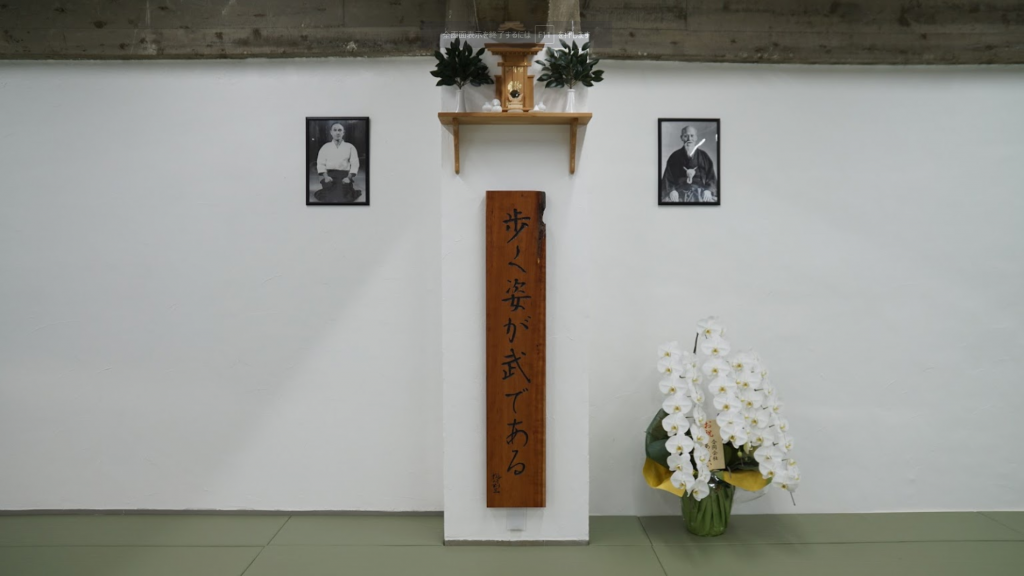
Q: In the book you write about it as well, when you hear him coming for the door you have to be there and open the door, and when he is in the shower you have to take care of his cloth and make sure that everything was just right. This idea of fitting, is that a Japanese thing or is it an Aikido thing?
A: I think it is both, because Aikido is part of the Japanese culture, you cannot separate the two. It is Ishin-Denshin (a connection between two minds), it is non-talk, there is no explanation, you have to fall and do it at the right time. That is it, there is no explanation needed.
There are many things like that in Japanese culture. All the arts are linked together, so I don’t think it is possible to have one without the other.
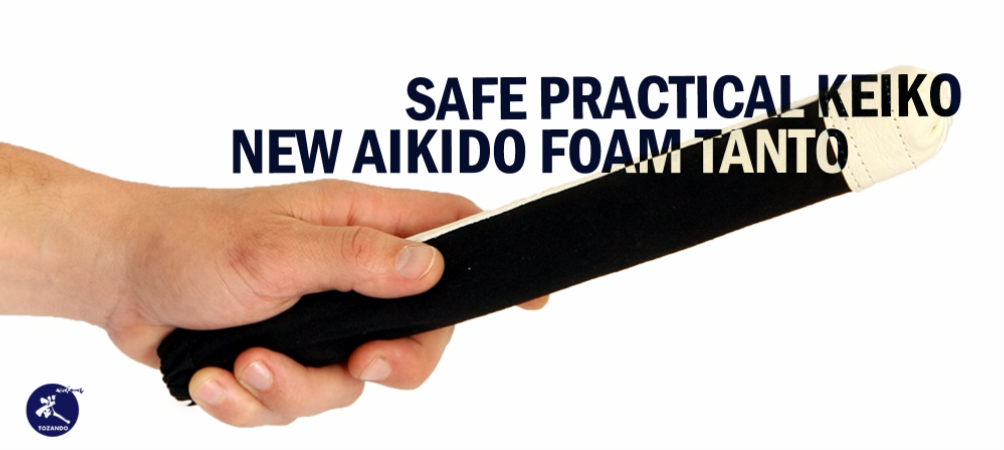
Q: How was this idea of fitting to your teacher taught? As a westerner, it is not something that comes naturally. how were you taught what you had to do?
A: You just watch the others, you watch their back and you imitate what they are doing. Most of the time you will be late, or the timing will be wrong and sometimes they will get angry at you, but then you force yourself and one day you can do it. You don’t really know why, but the timing is just correct.
For the bath it is the same. Generally, you work as an assistant in the beginning or a few times and after that they let you do it alone. But in my case, I wanted to stay to do more training, so Kancho said, “Now you are by yourself”, and so I did.
But it is by watching and in the beginning, it was just imitation, but that is how I learned it.
Continued in Part 4.
